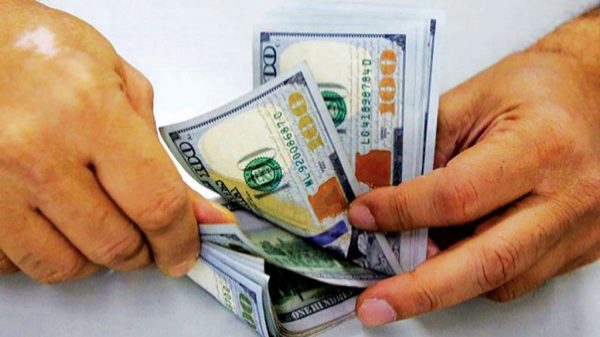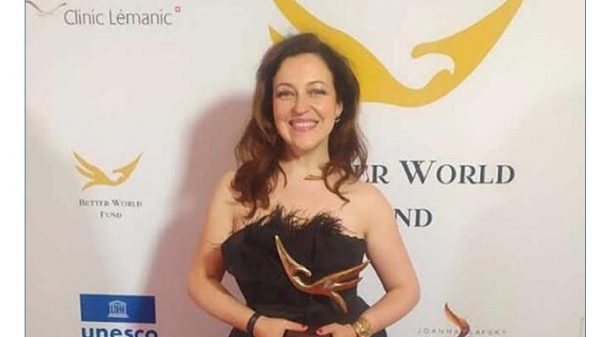Autistic children deprived of basic edn, health facilities

Shawdesh desk:
Most of the children with autism spectrum disorder in the country are deprived of basic education and health facilities, rights activists observed.
Despite the ruling Awami League’s electoral pledges and different laws, policies, and rules, these children are yet to be included in mainstream society.
Expensive educational facilities, scarcity of primary healthcare facilities, allowances, carers, and training, as well as social stigma, are the major challenges for these children and their families, the activists said.
Discrimination based on available facilities is higher in rural areas than in urban areas, they said.
The state should take full responsibility for these children by providing facilities, while the people should change their mindset towards these special children and their families, they added.
The percentage of people with autism or autism spectrum disorders in the country is 0.05 per cent as per the Bangladesh Bureau of Statistics’ Report on the National Survey on Persons with Disabilities 2021.
This is around 85,000 in number compared with the total population of 17 crores in 2022, BBS deputy director Iftekhairul Karim said.
In the 2014 electoral manifesto, the ruling Awami League promised to implement scientific work plans for education, nutrition, mental and physical growth, employment, movement, and establishing the social dignity of children with autism and other disabilities.
These pledges mostly stayed on paper, experts said.
Facilities for these children, including a monthly allowance, Shishu Bikash Kendra, special schools, training, and help centres, are largely available in the country now.
Naila Zaman Khan, founder and head of the Department of Paediatric Neuroscience at Dhaka Shishu Hospital and retired professor of the department, told New Age that facilities and technologies for screening the autism spectrum in children at an early stage were available in Bangladesh but not sufficient.
‘In an ideal scenario, field workers should be given screening facilities and technologies so they can take care of patients at home,’ she said.
If the children can be screened at three or four, they will get the most benefits, she said.
She added that the existing educational facilities for these children are expensive and beyond the reach of the common people, and she urged mainstream schools to come forward to include these children.
There are some special schools and non-government organisations for these children, but the question remains if they have enough trained teachers and employees, she said.
A government official and father of a 15-year-old autistic boy said that there should be dedicated hospitals for children with neuro developmental disorders.
The scarcity of special schools and carers and huge expenditures for these children were other major challenges, he said, without giving his name.
He alleged that the employees of the private school where his son was studying even hit him and ate his food.
‘These schools should be closely monitored,’ he said.
‘My son did not get the government allowance even after I asked for it from time to time. Imagine other people,’ he added.
A Bangladeshi national currently living in Canada said anonymously that one of his major reasons for settling down abroad was his son’s autism.
‘In Bangladesh, there are no facilities or a future for him,’ he said, adding, ‘as a parent, I want to give him as many facilities as are available in Canada.’
According to the Department of Social Welfare, the government introduced an allowance for people with disabilities in the 2005-06 financial year when 1.04 lakh people received Tk 200 monthly.
In the 2022–23 financial year, 23.65 lakh specially-abled people got a Tk 850 monthly allowance.
The state minister for social welfare, Md Ashraf Ali Khan Khasru, claimed on Friday that allowance was being provided to people with autism who applied for it.
‘As per our assumption, all of the 85,000 people with autism are getting the allowance,’ he claimed.
Rashid-e-Mahbub, former president of the Bangladesh Medical Association and a public health expert, said that though the government recognised the issue as a problem, it needed to provide autism patients with some facilities.
‘They need rehabilitation and other facilities and should be integrated into society,’ he said.
Autistic Children’s Welfare Foundation, Bangladesh, a voluntary organisation run by parents of autistic children and other professionals, vice-principal Salma Begum told New Age that autistic children’s health and education facilities were very poor in Bangladesh.
‘Around half of these children have epilepsy, and there are no special facilities for them provided by the government,’ she said, adding, ‘you can get better treatment in private hospitals, but that is very expensive. So if someone doesn’t have money, they won’t get treatment at all,’ she said.
Rural areas are affected most, she added.
Md Mahbubul Haque Khan, vice-president of the Foundation for Autism Research and Education and father of a son with autism spectrum disorder, said that the crisis of specific hospitals and training caused huge suffering for these children and their families.
‘In the rural areas, the situation is grave as there are no facilities at all,’ he said, adding that they are in pain.
Bangladesh Shishu Adhikar Forum chairperson Md Mahbubul Haque told New Age on Tuesday that some parents also do not want to bring these children outside for public shaming.
In most cases, people or even families accused the mothers of giving birth to these children, he said, adding that a countrywide social movement was needed to make people aware of these children.
In 2013, the social welfare ministry enacted the Neuro-Developmental Disability Protection Trust Act, and following that, the Neuro-Developmental Disability Protection Trust was founded in 2014 to work for children with autism, down syndrome, cerebral palsy, and intellectual disability.
It also formed the Integrated Special Education Policy on Disability, 2019, which aimed to set up schools in all districts and upazilas in the country for children with neuro disorders.
This goal has not yet been achieved.
In the 2022–23 financial year, the trust provided training to parents of 130 children with autism, 300 teachers to teach children with NDDs, and a one-time Tk 10,000 treatment allowance to 537 children with autism.
The trust’s managing director, Md Shah Alam, said that the main challenge in reaching these children was social taboo or a lack of readiness in society to accept them.
They had drafted a special curriculum, and around 2,000 applications for schools for these children are pending evaluation, he added.
Currently, there are 74 special schools for children with neuro developmental disorders under a monthly payment order.
Primary and mass education ministry additional secretary (administration) Nurjahan Khatun said that there was no specific project targeting education for children with neuro developmental disorders.
The Jatiyo Protibondhi Unnayan Foundation has a total of 12 special schools for children in the country, where currently 160 children with autism are studying.























Leave a Reply